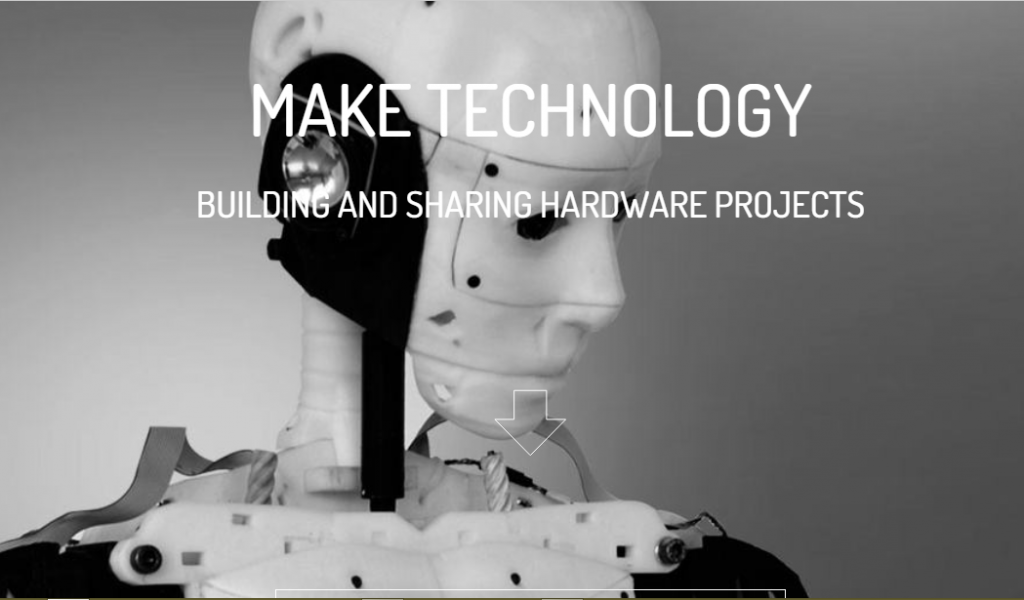There used to be a time where companies hoarded patents like gold. Picture a dragon’s den full of treasure, or cursed jewels sitting in some forgotten crypt. If an inventor came anywhere close to something that resembled someone else’s patent, he or she faced years of legal battles; battles that could leave them as battered and bruised as fighting off a treasure-guarding troll. But the 21st century is introducing us to a new age: one where collaboration leads to progress. And it’s changing everything.
Hoarding Hell
Speaking of trolls, the worst offenders to technological progress are patent trolls. Patent trolls are people or companies that patent ideas or purchase ideas from bankrupt firms, and then sue other companies that supposedly infringe on their products. Many times, these trolls don’t even design, manufacture or supply the items in question, but their ensuing legal battles can lead to two results. Either they can sue and win for big money, or they can severely delay technological progress.
Often it’s a matter of money. In Europe, there’s usually a “loser pays” rule, where whoever loses the legal battle has to pay the legal costs for both sides. Sort of an all-or-nothing bet: win it all or pay it all. It forces people or entities to really consider whether they want to waste the time, effort and potential money to take things to court.
The U.S., however, has each side pay their own fees. This means if you have a big wallet in your corner, you can go the distance in court. For small-time Joes who can’t afford the costs, this is detrimental, because even if they win the case they could still lose it all just in defending themselves. And in turn, potentially have to sell their idea(s) to the very same people they were fighting. Meaning, in either case, that big bucks can lose the battle but still win the war.
And this leads to stagnation. Someone could have a really great idea, and the passion and drive to see it through, but have to be dragged through the mire to find success. And whatever it is–even a revolution in technology as we know it–could take years to debut. The worse-case scenario is a major company that purchases an idea only to purposely delay it, so that the company can continue to make money on its own products without competing ideas.
Clearly, while this is a great way to hoard ideas and make money, it does little for us but hold back progress. And with technology advancing so rapidly now, we can’t live under this paradigm anymore.
Sharing Is Caring: The Open Source Revolution
The company Tesla has been a major proponent of open sourcing their technologies, for the sake of advancement. Last year, the company released all of their electric car patents so that everyone could start developing alternative fuel-driven cars. Earlier this year, Toyota opened up their hydrogen patents for hydrogen-driven cars. And last Monday, Google decided to start sharing their A.I. development software via TensorFlow, which allows anyone to download, modify and comment on the A.I. software.
But why do this?
The pleasant answer is for the sake of humanity. Some companies–and the visionaries behind them–are getting so tired of stagnation that they’re taking aims to destroy the concept of patenting and hoarding altogether. There’s even a website called Wevolver whose mission is to provide a platform for all companies to share ideas. To make technology more accessible. To collaborate.
But the more nuanced answer is that it does provide benefits to everyone involved. Tesla, Toyota and Google sharing their technologies allows them to change the tide of the markets. Getting more people involved in their technologies allows them to change the perception of what is common and acceptable in the world.
The absence of something can be as detrimental to progress as bad marketing. If there’s not enough alternative-fuel cars available–or even spoken about–the idea of them wouldn’t be present in the public eye long enough to cause any changes in the market. It’d be an afterthought. By sharing their technology these companies are making their products more ubiquitous, more common. Once it becomes trendy, then it spreads like wildfire until everyone is trying it.
There’s also the personal influence these companies can make with others by creating communications and ties between designers. Collaboration makes it less a “me vs them” thing and more of an “us.” “We made this technology”. Or “Tesla influenced our designs.” Sometimes leaving behind a legacy is more important than throwing bucks around. And it’s great for the company’s public image.
What Really Counts
But what’s most important is that we get change instead of stagnation. We’re moving again, running the race, not floating along in limbo. Whatever the causes of open sourcing, it’s giving us an age where we can get options. It’s allowing small companies to work with larger ones; it’s allowing small projects to become powerful startups; it’s allowing progress.
Had we shared ideas before, encouraged research into alternative fuel sources, and really tried getting outside of our comfort zone as a market, perhaps we’d be further along than we are now. When October 21st passed recently, dozens of websites and TV shows and short videos lamented/parodied the fact that the future we experienced in Back to the Future 2 didn’t match the reality of what 2015 is today. No flying cars, no self-driving and self-fitting clothes, no hoverboards. Or, at least, not commercially viable and commonly sold. So it’s about time we catch up to fiction and make all of our dreams come true, because I’ve been waiting far too long for my trash-driven car to come about, and gas is way too high for my liking.

